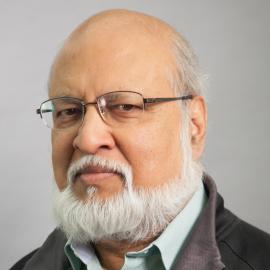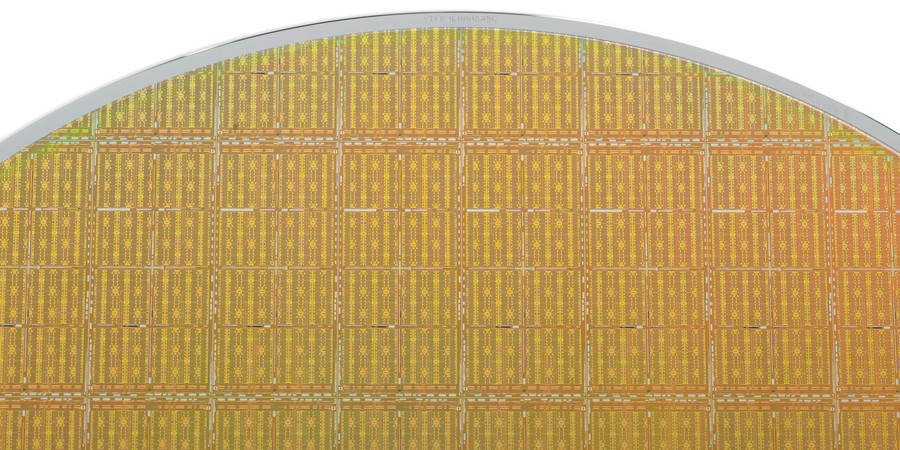Monday, October 3, 2022
Speaker: Arvind, MIT
In this episode of MIT’S Computer Science and Artificial Intelligence Labs alliances podcast series MIT Professor Arvind, the Johnson professor of Computer Science and Engineering, details his work in Near-storage computing. He explains how he’s using flash storage instead of massive amounts of DRAM for big data problems. In Arvind’s research group, the Computational Structures Group, their mission is to enable the creation and development of high performance reliable and secure computing systems that are easy to interact with. The group is currently conducting research in the areas of computer architecture, hardware synthesis, computer security, and VLSI design.
Listen to the complete podcast.
 Speaker Bio: Arvind is the Charles W. and Jennifer C. Johnson Professor of Computer Science, and head of the computer science unit, in the Department of Electrical Engineering and Computer Science at MIT, as well as a member of the Computer Science and Artificial Intelligence Laboratory. Arvind’s research concentrates on the specification and synthesis of complex digital systems, including microprocessors and accelerators, using a formalism known as guarded atomic actions. Previously, his interests have included all aspects of parallel computing and declarative programming languages. He has contributed to the development of dynamic dataflow architectures, the implicitly parallel programming languages Id and pH, and the compilation of these types of languages on parallel machines. Arvind received his PhD and MS in computer science from the University of Minnesota and his BTech in electrical engineering from the Indian Institute of Technology, Kanpur. He is a fellow of IEEE and ACM, and a member of the National Academy of Engineering and the American Academy of Arts and Sciences.
Speaker Bio: Arvind is the Charles W. and Jennifer C. Johnson Professor of Computer Science, and head of the computer science unit, in the Department of Electrical Engineering and Computer Science at MIT, as well as a member of the Computer Science and Artificial Intelligence Laboratory. Arvind’s research concentrates on the specification and synthesis of complex digital systems, including microprocessors and accelerators, using a formalism known as guarded atomic actions. Previously, his interests have included all aspects of parallel computing and declarative programming languages. He has contributed to the development of dynamic dataflow architectures, the implicitly parallel programming languages Id and pH, and the compilation of these types of languages on parallel machines. Arvind received his PhD and MS in computer science from the University of Minnesota and his BTech in electrical engineering from the Indian Institute of Technology, Kanpur. He is a fellow of IEEE and ACM, and a member of the National Academy of Engineering and the American Academy of Arts and Sciences.
Explore
MIT Engineers Advance Toward a Fault-tolerant Quantum Computer
Adam Zewe | MIT News
Researchers achieved a type of coupling between artificial atoms and photons that could enable readout and processing of quantum information in a few nanoseconds.
New Chip Tests Cooling Solutions for Stacked Microelectronics
Kylie Foy | MIT Lincoln Laboratory
Preventing 3D integrated circuits from overheating is key to enabling their widespread use.
Energy-Efficient and Environmentally Sustainable Computing Systems Leveraging Three-Dimensional Integrated Circuits
Wednesday, May 14, 2025 | 12:00 - 1:00pm ET
Hybrid
Zoom & MIT Campus




